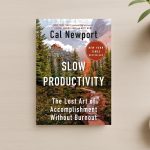Leadership is not an innate gift reserved for a select few-it is a skill that can be learned, practiced, and mastered over time. For those starting the journey, the right books can provide a mixture of foundational principles, inspiring stories, and actionable tools. The following Top 10 Books About Leadership for Beginners have been selected for their clarity, accessibility, and practical relevance to beginners. From timeless classics to modern research‑driven works, each offers a different lens on what it means to lead with purpose, authenticity, and vision.
Top 10 Books About Leadership for Beginners
1. Start with Why by Simon Sinek

Simon Sinek’s Start with Why centers on a deceptively simple question: why do some individuals and organizations inspire while others don’t? Through his “Golden Circle” model-Why, How, What-Sinek demonstrates that leaders who begin with a clear “Why” ignite passion, loyalty, and innovation. Drawing on examples from Martin Luther King Jr. to Apple, he argues that people don’t buy what you do; they buy why you do it. For beginners, this book offers a mindset shift: success starts not with strategies or products, but with a purpose that resonates deeply. It’s both a practical guide to defining your vision and a call to lead with authenticity.
2. Leaders Eat Last by Simon Sinek
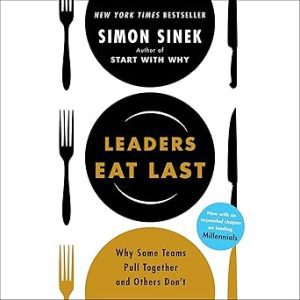
In Leaders Eat Last, Sinek dives into the biology and psychology behind trust and safety in teams. Borrowing its title from military traditions where leaders put their teams’ needs before their own, the book outlines how great leaders create environments where collaboration thrives and innovation flourishes. For beginners, the actionable insights are clear: leadership is service. Backed by neuroscience and case studies, Sinek shows how empathy and courage foster loyalty and resilience-traits every aspiring leader must cultivate early in their journey.
3. The 21 Irrefutable Laws of Leadership by John C. Maxwell
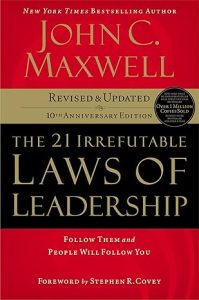
John Maxwell distills decades of leadership experience into 21 “laws” that he insists are universal and unchanging. Each law-such as the Law of the Lid (leadership ability determines effectiveness) and the Law of Influence-comes with engaging stories and examples that make concepts easy to grasp. For beginners, this book is a toolkit and diagnostic in one: a way to identify where you stand and how to grow. Maxwell’s conversational tone and practical applications make it an ideal starting point.
4. Dare to Lead by Brené Brown
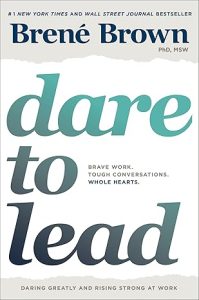
Renowned for her research on vulnerability and courage, Brené Brown brings her trademark blend of storytelling and data to Dare to Lead. She challenges the myth that fearlessness defines a leader, arguing instead that true leadership requires the courage to be vulnerable. Brown offers concrete “skill sets” such as building trust and having tough conversations. For beginners, it’s a powerful reminder that leadership starts with self‑awareness and empathy, not positional authority.
5. Leadershift by John C. Maxwell
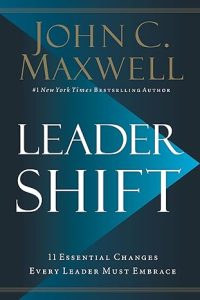
In Leadershift, John Maxwell focuses on adaptability-the ability to pivot your leadership style as challenges evolve. He identifies 11 key shifts, from soloist to conductor, and from maintaining to creating. Each chapter is rich in practical steps, reflections, and personal anecdotes. Beginners benefit from seeing leadership as a journey of constant learning and flexibility, essential in our fast‑changing world.
6. The Five Dysfunctions of a Team by Patrick Lencioni
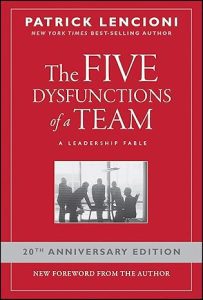
Lencioni delivers his leadership lessons through a business fable about a struggling executive team. The five dysfunctions-absence of trust, fear of conflict, lack of commitment, avoidance of accountability, and inattention to results-are obstacles every leader must learn to address. For beginners, it’s an easy read with actionable frameworks to build effective, cohesive teams.
7. Primal Leadership by Daniel Goleman, Richard Boyatzis, and Annie McKee
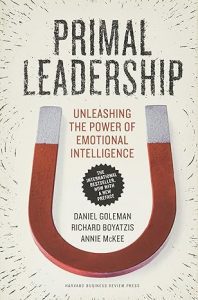
Pioneers in emotional intelligence research, the authors argue that great leadership depends not just on IQ or strategy but on emotional resonance. They outline six leadership styles-visionary, coaching, affiliative, democratic, pacesetting, and commanding-showing when and how to use each. For beginners, Primal Leadership offers a foundation for understanding and managing both your emotions and those of your team.
8. The Making of a Leader by Frank Damazio

Damazio explores leadership development from a spiritual and personal growth perspective, charting seven distinct phases in a leader’s life. Drawing from real‑life examples and biblical principles, he emphasizes character formation as the bedrock of sustainable influence. Beginners seeking a values‑driven approach will find it offers clear stages and markers for self‑assessment.
9. Leaders Made Here by Mark Miller
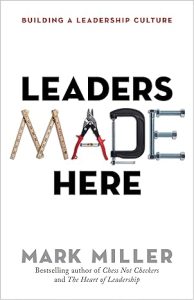
Miller argues that organizations can-and must-intentionally create a culture that nurtures leaders at every level. The narrative follows a fictional company reinventing its leadership pipeline, delivering lessons on mentoring, training, and accountability. Beginners will appreciate the blend of story and pragmatism, illustrating how leadership isn’t a title but a practice that can be developed anywhere.
10. Leadership and Self‑Deception by The Arbinger Institute
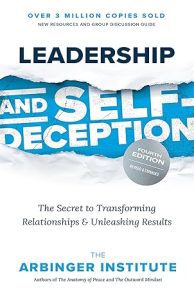
This unconventional leadership book uses a narrative format to reveal how self‑deception-the inability to see and accept one’s own faults-undermines influence and relationships. By shifting from seeing others as obstacles to seeing them as people with needs and hopes, leaders open the door to trust and effectiveness. For beginners, it’s both a mindset overhaul and an accessible read, ideal for developing self‑awareness early on.
Conclusion: Top 10 Books About Leadership
For new leaders, the journey begins with self‑awareness, adaptability, and a clear sense of purpose. Top 10 Books About Leadership offer blueprints for developing these qualities while grounding leadership in service, trust, and authenticity. By applying their lessons, beginners can avoid common pitfalls, inspire those they lead, and grow into leaders worth following.
Engage with Us: What Are Your Favorite Books?

















